The accounting period is the time period for which Company or Organization reports financial performance and financial position. This feature supports general ledger management. The period covered by financial statements. Every business depends on accounting period to prepare internal accounts for performance monitoring.
Setting Up Accounting Periods:
- In NetSuite OneWorld, you should enable the accounting periods.
- To enable this feature go to Setup > Company > Enable Features > Accounting tab > Check Accounting Periods.
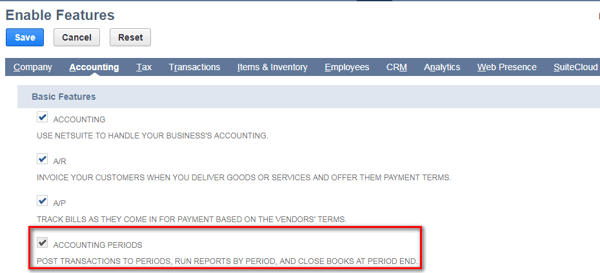
- After the feature is enabled, periods can be set up at Setup>Accounting>Manage Accounting Periods.

This page is includes following columns.
- Period Name: Name you defined the accounting period. Periods are grouped in fiscal year, quarters and months. Use the + or – icon to expand or collapse the list of periods for a fiscal year.
- Checklist: Click the Checklist icon Click to enlarge image to view a list of tasks to be completed to close the period. You can lock & Unlock the periods from checklist.

- Period Close: A green check mark in this column indicates that all items on the Period Close Checklist have been completed and the accounting period is closed to all transactions and entry.
- A/P Transactions: a lock indicates that users cannot post A/P transactions in this period.
- A/R Transactions: a lock indicates that users cannot post A/R transactions in this period.
The Account Periods for Full Year page appears.

To set up periods for a full year at a time:
- Go to Setup > Accounting > Manage Accounting Periods.
- On the Manage Accounting Periods page, click Setup Full Year.
- In period format field,
- Calendar Months: This sets up 12 periods, one for each calendar month in the fiscal year.
- 4 Weeks: This setup is 13 periods. Each for every 4 weeks in the fiscal year.
- 4–4–5 Weeks: This setup is you have two 4-week periods followed by one 5-week period. It means, the first accounting period of the year Jan 1st to Jan 28th. The last accounting period of the year ends on December 31st. Used this way 4-4-5 periods
- Fill the required fields and save.
Setup Single Accounting Periods:
- Go to Setup > Accounting > Manage Accounting Periods.
- Select the New Year Only, New Quarter Only, or Base Period option.
To set up a new year:

- On the Manage Accounting Periods page, click New Year Only.
- In the period name field enter the name for Ex: FY 2018
- Enter the Start date & End Date (for Ex: start date is 1/1/2018 & End date is 12/31/2018)
- Save.
To set up a new quarter:
- On the accounting period page select New Quarter Only.

- In the period name field enter the name for Ex: Q1 2018
- Enter the Start date & End Date (for Ex: start date is 1/1/2018 & End date is 3/31/2018)
- In the sub period of field, Select the parent period such as FY 2018.
- Save.
To set up a new period:
- On the Accounting period page, click Base Period.

- Enter the name of the period i.e., January 2018.
- Enter the Start date & End Date (for Ex: start date is 1/1/2018 & End date is 1/31/2018)
- In the sub period of field, Select the parent period such as Q1 2018.
- Save.
Deleting an Accounting Period:
The general rules for deleting a period are shown in the following.
- Base Period: You can delete this period at the time of base period has no transactions.
- Quarter: Delete the quarter only if the base periods attached to the quarter have no transactions.
- Year: Allowed only if the year has no sub periods.
Permissions:
- Edit or Full level permissions are required to setup Accounting periods, Close periods & re open the period.
- Users with the View level of this permission can see the Manage Accounting Periods page but cannot make changes to periods.
- The Override restrict permission is required to When a period is locked users cannot post any transactions. Using "Override Period Restrictions" users can post the transaction to the locked periods as well. In order to perform transactions for the locked periods user or user role must have "Override Period Restrictions".
In Accounting period, this is way to Setup & create a accounting periods year wise, Quarterly wise & Monthly wise.

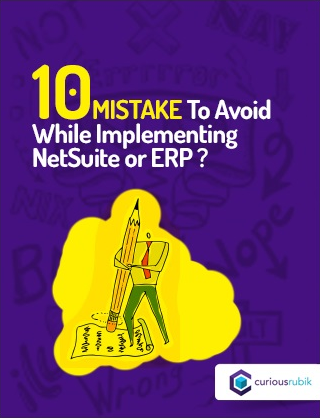




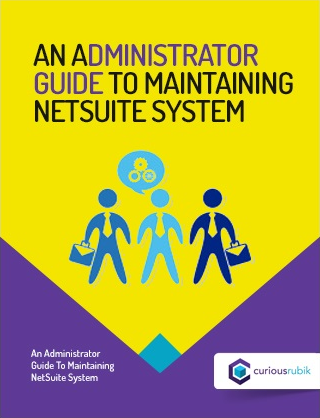
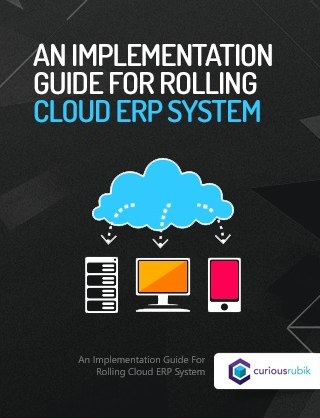














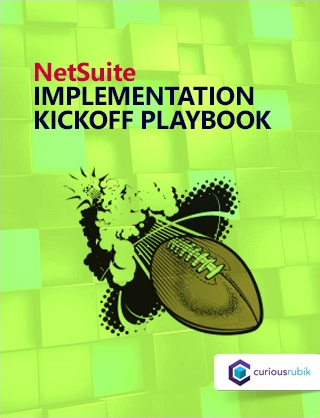


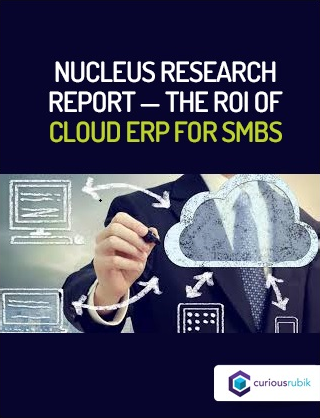



















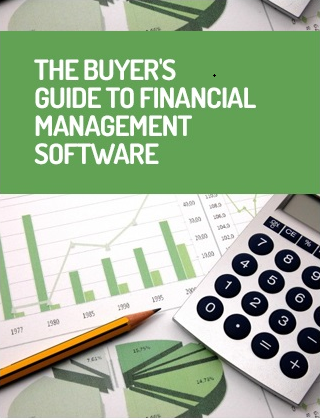





















 Twitter
Twitter Linkedin
Linkedin Youtube
Youtube Google +
Google + Face Book
Face Book